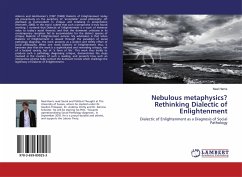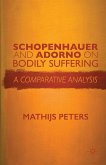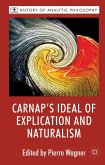Adorno and Horkheimer's (1997 [1944]) Dialectic of Enlightenment today sits precariously on the periphery of 'acceptable' social philosophy; oft dismissed as transcendent in critique and totalising in presentation [Honneth, 2000]. In this tract I submit that such a perspective is truly found wanting. I contend that Dialectic of Enlightenment is a work of immense value to today's social theorist; and that the dominant criticisms in its contemporary reception fail to accommodate for the distinct species of critique Dialectic of Enlightenment evinces. My submission is that when Dialectic of Enlightenment is viewed through the paradigm of social pathology diagnosis, the work presents as a potent and timely effort of social philosophy. When one reads Dialectic of Enlightenment thus, it becomes clear that the work is a sophisticated and rewarding critique, not of a located society, but of 'a form of life'. This work thus builds to produce such a pathology diagnosing critique, demonstrates the steps involved in the creation of such a reading, and presents how such an interpretive schema helps contest the dominant trends which challenge the legitimacy of Dialectic of Enlightenment.








